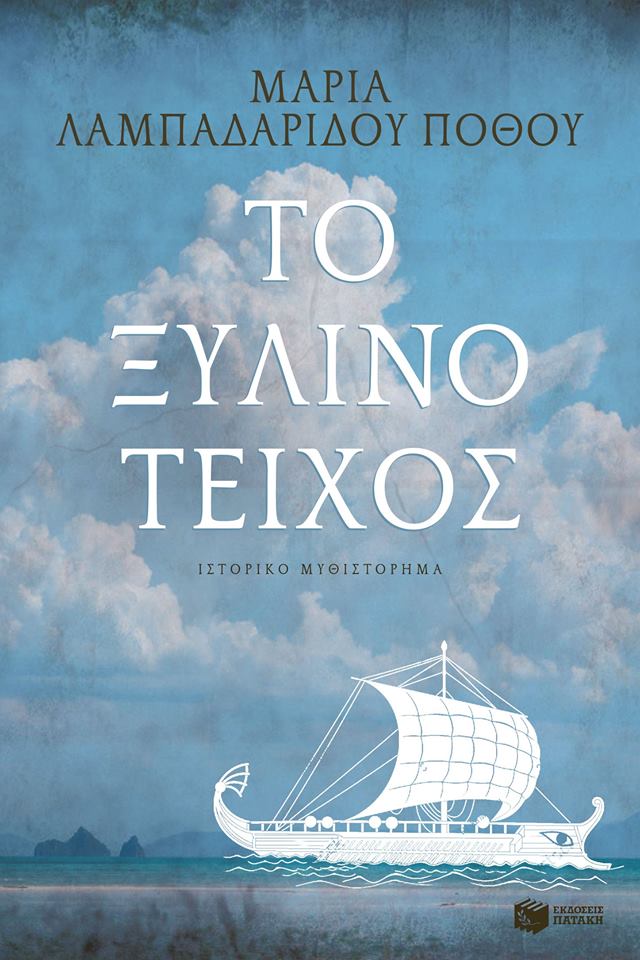 I wandered all night. I listened to the shouts of triumph, the cheers, the hero’s reception of Themistocles, the acclamations. I was alone. I went down to the end of Cynosura, to the isolated sea-cliffs, where the wave was washing up the corpses of unfortunate drowned men and fragments of ships. The beaches were full of gold objects, pitiful, royal emblems and ornaments, idols of gods, iridescent in the torchlight.
I wandered all night. I listened to the shouts of triumph, the cheers, the hero’s reception of Themistocles, the acclamations. I was alone. I went down to the end of Cynosura, to the isolated sea-cliffs, where the wave was washing up the corpses of unfortunate drowned men and fragments of ships. The beaches were full of gold objects, pitiful, royal emblems and ornaments, idols of gods, iridescent in the torchlight.
I am still wearing the bloodied jerkin of battle, damp with the night dew, and watch our triremes leaving Psyttaleia with Aristides’ hoplites. The task of blood is completed. The princes and nobles of Persia, the flower of the palaces, are now dead. There will be mourning in Susa and Ecbatana.
My feet encounter a body that appears to be alive, and I bend over. A man who is dying. He stretches out his hand to me; wants something. I run and bring a lighted torch, from the many torches around us.
The man who handed me the torch also placed a cup of wine in my hand. And I return to the dying man. I want to see him. A strange obsession to see him has overcome me. And I bring the light close to his face. His clothing is purple with gold worked like fish scales. And there is blood in his eyes. He appears well-born, a prince perhaps.
An enemy.
The word “enemy” chills me.
A man.
Persian or Mede or Lydian, from the royal family, who has a palace in Ecbatana. And he came to die alone on this deserted shore of Salamis. His ship was destroyed by the tridents of our triremes, or it is being pursued without him. In the torchlight, I see his look. He has children perhaps, a beautiful wife, wealth. And he left it all to wage war against us in this sea strait, in this Acheron.
Extract from the novel: The Wooden Wall